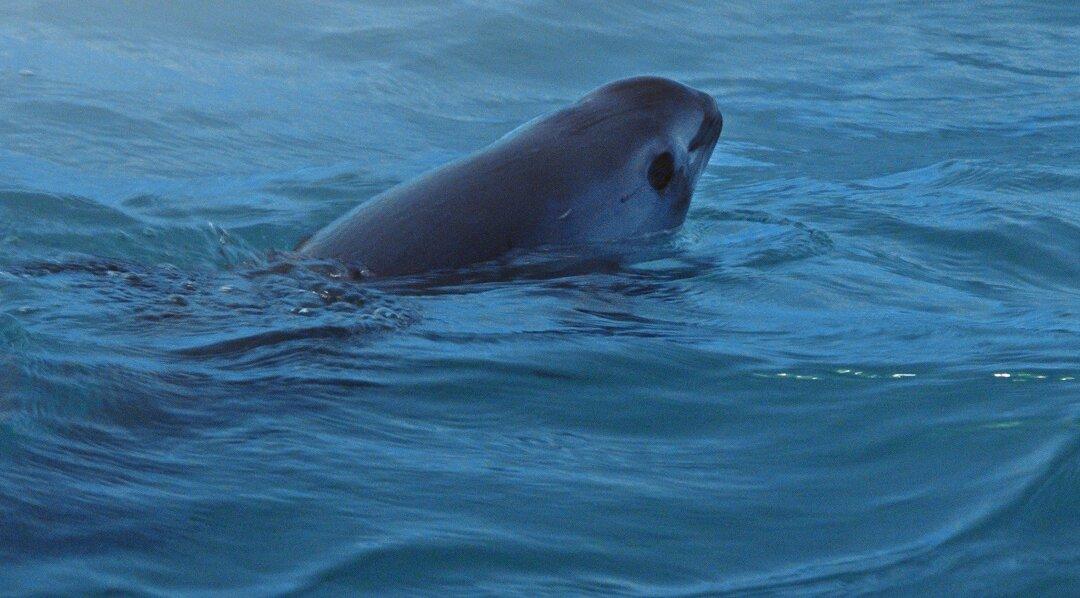PG-13 | 1h 45min | Documentary, Crime, History | 27 September 2019
When I was 17, I accompanied my father on a sailing odyssey from San Diego to Puerto Vallarta. After getting lost at sea, we made it back to the Baha coastline before beginning our voyage across the beautiful Sea of Cortez.






